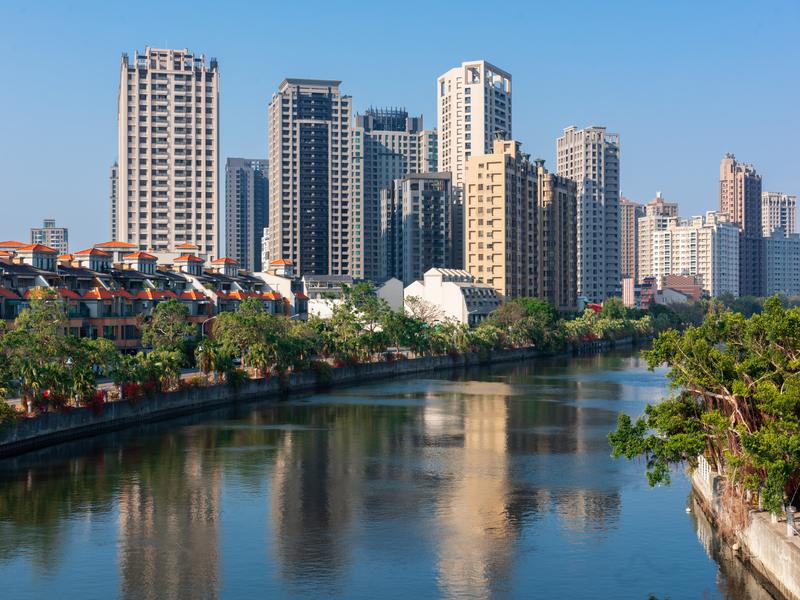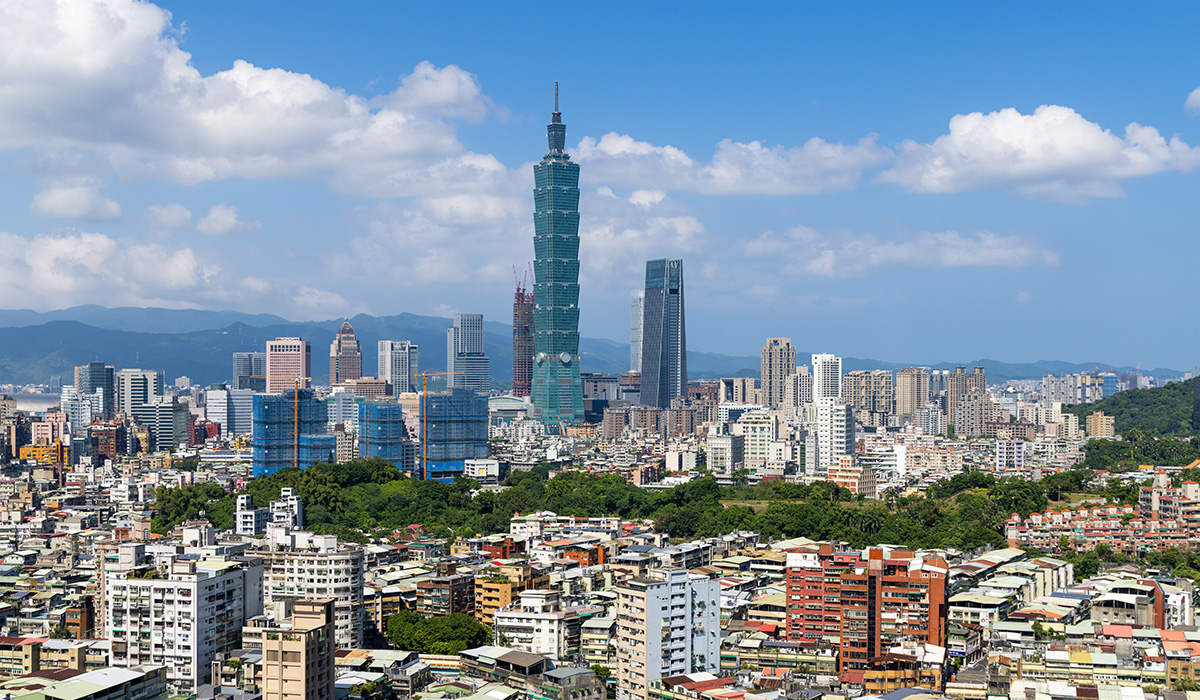

Taiwan is a jurisdiction known for its favorable labor laws. The labor law in the country is controlled by the Labor Standards Act of 1984. This act is responsible for setting conditions of employment, such as wages, working hours, termination of employment, holidays, overtime, rest periods, and leaves. If you’re an employer in Taiwan, you’ll need to learn about all labor regulations, especially concerning workers’ annual leave. This piece will offer all the essential details about annual leave in Taiwan.
What is Annual Leave?
Annual leave is one of the numerous benefits that workers can hope to enjoy when employed by a Taiwanese company. You’ll be expected to comply with the leave laws or face sanctions as an organization. But what exactly is the annual leave?
Annual leave is a type of leave that lets employees take some time off work. Workers will continue to earn compensation during this leave from work. Employees are usually entitled to an annual leave each year. Most countries worldwide have specific laws guiding the minimum requirements for employee yearly leave, and Taiwan does the same.
For employees to qualify for annual leave, they’ll need to meet certain requirements. These requirements will affect:
- Who qualifies for a leave
- How much compensation will employees earn during an annual leave
- The acceptable notice period to take an annual leave
- Other conditions affecting annual leaves
Private employers can take a more generous approach to their annual leave policy. They can use this approach as an incentive to attract the best talents.
How Does an Annual Leave Work?
Whenever an employee intends to go on their annual leave, they will apply through a request to their manager. Their manager will be in charge of approving this leave. You’ll be expected to submit this leave request through whichever means is necessary. After the request is approved, the employee in question can stop coming to work while still receiving their pay.
Depending on what’s applicable, employees usually don’t have to attend to work activities while on leave. These leaves are offered to employees to allow them to relax after numerous days of uninterrupted work. An employer is expected to pay wages during annual leaves. Employers are expected to record the annual leave days offered to staff. They should also inform an employee of their status. Employers reserve the right to suspend annual leaves in an accident or unexpected occurrence. However, they will be required to pay employees the wage rate for their work leave days.
How Many Days Annual Leave in Taiwan?
To qualify for annual leave in Taiwan, you’ll need to have worked for a specific duration. The following conditions are applicable:
| No of Working Days | Duration of Leave |
| Serve 6 months to 1 year | 3 days |
| Serve 1 – 2 years | 7 days |
| Serve 2 – 3 years | 10 days |
| Serve 3 – 5 years | 14 days |
| Between 5 – 10 days | 15 days |
Note: Employee will enjoy one additional day of leave for each year of service after ten years. But this leave will be capped at 30 days.
Payment of Annual Leave in Taiwan
Employers are expected to record the annual leave days offered to staff. In some cases, the employees didn’t take the annual leaves during the valid period, usually is 1 year, due to the busy work or just forgotten. No matter what the reason is, the unused annual leave must be compensated for payment to the employee.
If the annual leave is not used by the end of the year or in the situation of resigning or layoff, the employer shall pay the compensation to the employee for the used annual leave. The compensation per unused annual leave is calculated as [daily compensation amount = monthly salary / 30 days]. Please be noted that the denominator is fixed at 30 days instead of any other number of days.
In addition to the compensation, the unused annual leave can be deferred to the next year, as long as the extension is both agreed by employer and employee. Please also note that the extension is limited to 1 time only.
How Can We Help?
Dealing with employees while running your business can be plenty of work, especially concerning annual leaves. You’ll have to keep accurate records of employee attendance, the duration of their employment, etc. Also, you’ll be expected to keep track of the expected leave period of each employee, including information on those that had taken leaves in the past. If you decide to do it yourself, there are too many details to track, and you may get overwhelmed. When this happens, it would lead to a further breakdown in your ability to handle your operations. That’s why you need our help.
At Premia TNC, we are a top-rated business consultancy firm. Due to our line of business, we are familiar with everything it takes to successfully run a business, including handling annual leaves. Our experts are trained in working with different scales of companies.
We understand the importance of offering your employees reasonable incentives. That’s why we have developed a process to help you know who should be on leave, the length of their leave, and how much compensation they’re to be paid for the period. We will effectively serve as an extension of your administrative services and use our expertise to keep you in control.
FAQs About Annual Leave in Taiwan
Q: How many days should the employee apply for approval before taking the annual leave?
In principle, employees can freely decide the date of annual leaves without giving reasons. The company shall not maliciously refuse the application. However, this law does not clearly stipulate the relevant handling regulations. It is to reserve the space for the negotiation between employee and employer.
Q: What is the minimum unit of annual leave? Can the employee apply for 0.5 day each time?
There is no specific regulation on whether the annual leave can be taken for 0.5 day or the minimum unit should be what. It depends on the agreement between employee and employer. Some companies even allow their employee to take the annual leave in 0.5 hour basis.

















